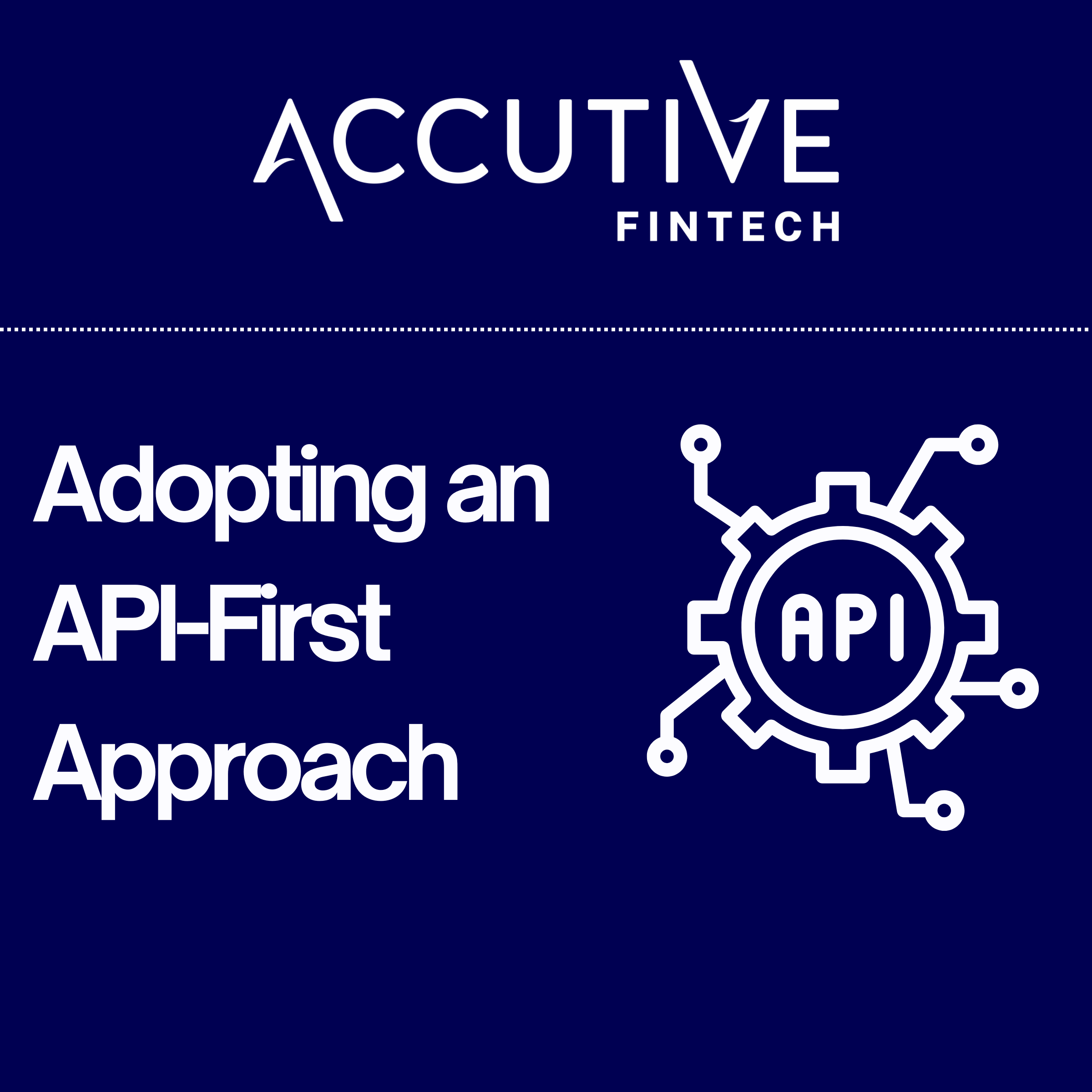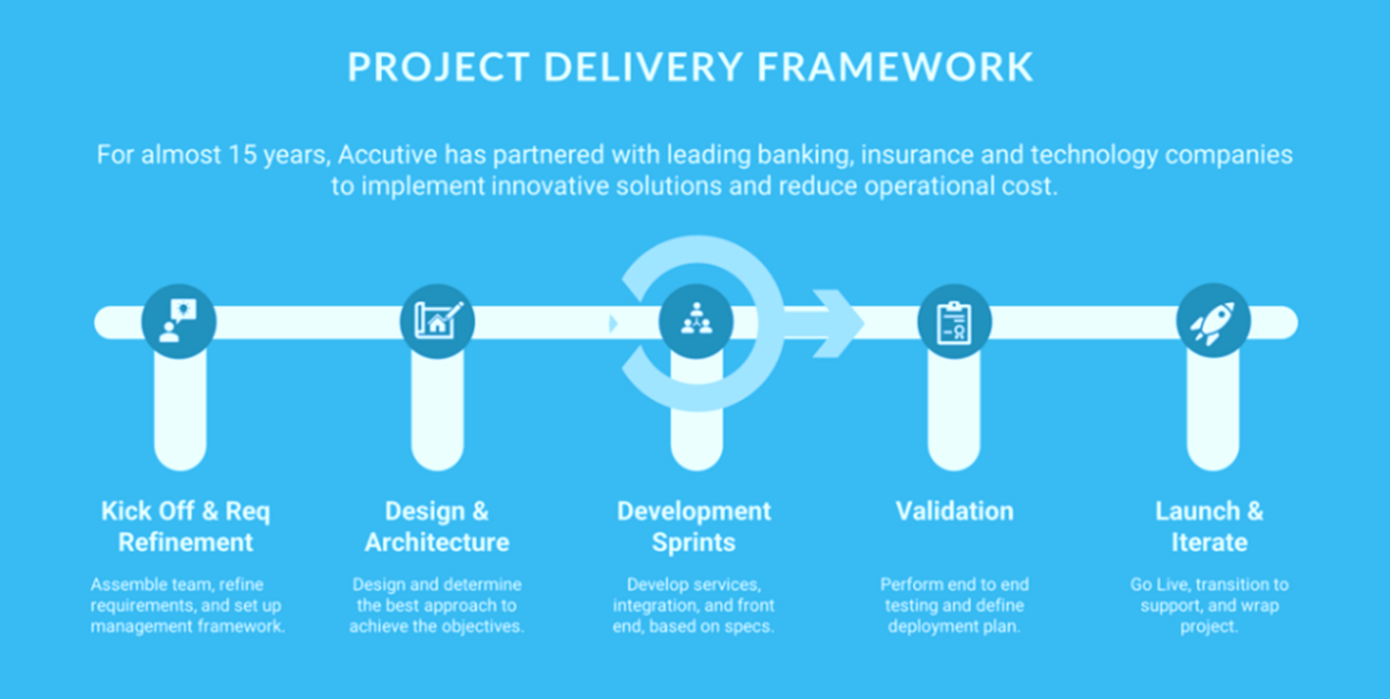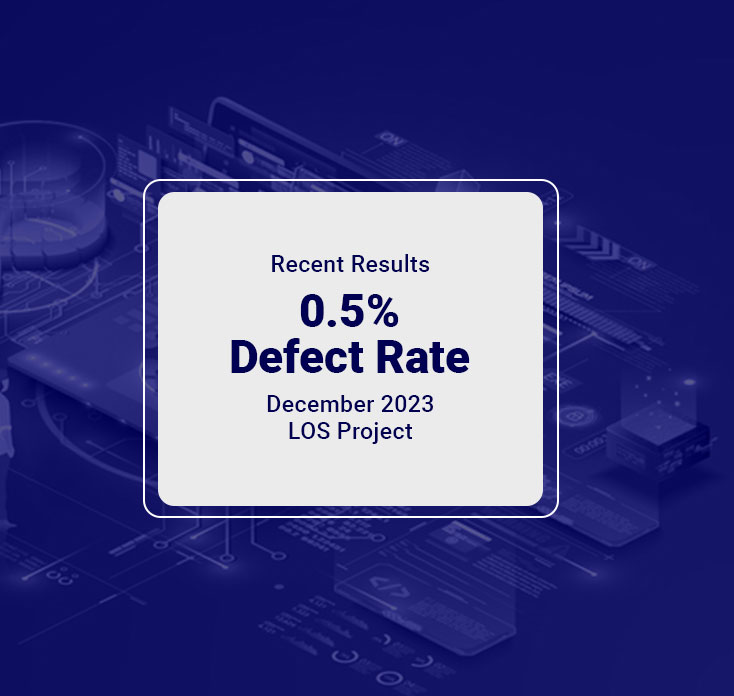A recent conversation with a Senior Technology Officer of a top 100 global bank touched on a challenge a lot of large organizations face when they’re launching new software or systems. They have persistent issues with applications performing well in testing and then struggling or crashing at go-live when they have to function with the full production dataset.
Banks, credit unions, and other financial institutions are among the largest IT services users and banking applications are advanced and complicated. Maintaining, upgrading, and expanding client facing digital capabilities is an ongoing task, especially now. They can’t afford for systems or applications to crash at launch because they can’t perform as designed with real-world data.
This particular technology challenge is rooted in the testing phase when the QA team is given a static subset of the production database to assess functionality. This approach allows for rapid evaluation while protecting sensitive client data but comes with some serious limitations. Using a partial, static dataset doesn’t allow for true stress and load testing where functionality and performance is challenged by the full production data scope and complexity.
Imagine spending the time and capital to upgrade a client-facing application, which completed extensive QA testing and seems to work well under test conditions. Then processing errors, lags, or a complete crash at go-live reveal it was not actually capable of managing the demands of your production dataset. Across every aspect of the banking and finance industry, demand for digital capabilities keeps growing, and ensuring your new software and systems are up to managing your clients’ needs is critical to survival.
Data Masking Enables Comprehensive Testing
How can this client, or any financial organization, test their new systems and applications against the full size and complexity of production data while maintaining data security and achieving go-to-market timelines? This is the perfect application of a robust, high-performance data masking tool.
A data masking application can rapidly protect sensitive information across vast, complex databases facilitating thorough testing with the full data scope and complexity the system must manage at launch.
Masked data is protected from insider threats, accidental exposure, and hacking because it replaces sensitive information with realistic but fictional values. So, a name is replaced with another name, a social security number with a different nine-digit number, and an address changes to a false, but realistic, location. All masked information still functions like the original data so the QA team can test functionality using full scope, complex data that looks and acts like the real thing.
Critically, the high performing data masking tool allows you to rapidly protect large volumes of information, including the full production dataset, to facilitate function and performance testing against the same data complexity and volume it will have to manage at go-live.
When we talk to clients about the value of a robust data discovery and masking application the conversations tend to focus on security and preventing exposure of sensitive information. Yet, data masking is as much about what it enables as what it prevents. The right data masking tool can empower QA testing with real-world conditions to avoid unexpected freezing or crashing and make a significant difference in the smooth launch of your next digital service.
We’re working with this client to implement the Accutive Data Discovery and Data Masking application so their next software development project will be a success.
– Fariborz Ordukhani, CEO











